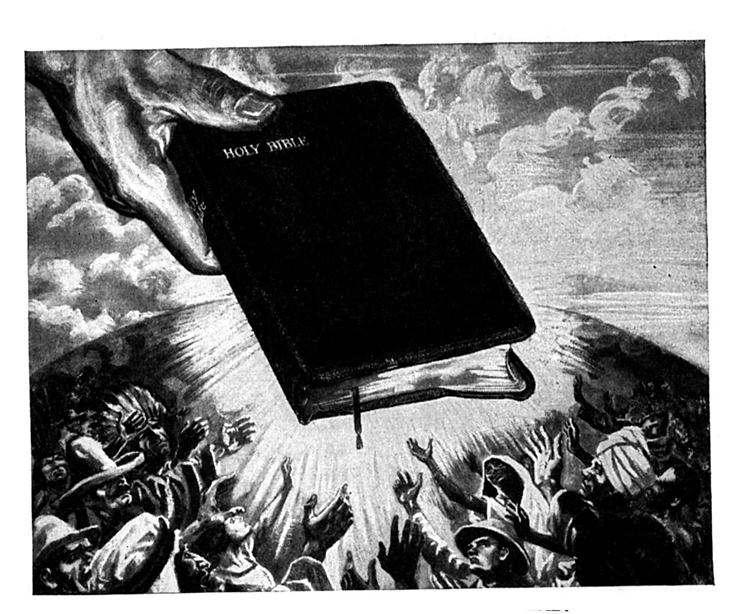I get some really great comment on this blog that challenge and teach me. Some also accord me the excellent opportunity to instruct and exhort.
Today, a well-meaning individual loving challenged me in the comments section when I wrote in a recent blog post that the Word of Elohim is my best friend. He basically said that the words on the page were not his best friend, but the Person those words pointed to was his best friend. From a Western perspective, his is correct, but I didn’t write my blog piece from a Western perspective, but from Hebraic, biblical perspective. Let me explain. — Natan
What Is the Word/word of Elohim from a Hebraic Perspective?
The Word of Elohim is my best friend. The word of Elohim is not my best friend. Notice the difference between these two sentences? In the first sentence, Word is capitalized; in the second, it is not. In my post, I capitalized the word Word for a reason. You must not have caught that. There is a big difference between the two. People can religiously worship words on a page or a book. I worship him who wrote it and recognize them to be a his words, and a reflection of his very heart, mind, will and character.
Yeshua is the Word of Elohim. John 1:1–2, 14 says,
“In the beginning was the Word, and the Word was with Elohim, and the Word was Elohim. He was in the beginning with Elohim….And the Word became flesh and dwelt among us, and we beheld His glory, the glory as of the only begotten of the Father, full of grace and truth.”
Yeshua and his word are indivisible. To love his word is to love him. He is his word. This is Hebraic thought.
Hebraically, a person and their character and reputation are inseparable. They are who and what they are.
In our Western Greek mindset, we tend to separate a person’s word from them. This is not a biblical, Hebraic approach.
For example, the Hebrew word debar not only means “a word” but also “a thing.” Here there is no separation between form and substance. If there is no substance, there is no form.
In Greek thought, we tend to look at the outward appearance of something and separate it out from its substance or essence. For example, we look at a building and declare how beautiful it looks on the outside, or how handsome someone looks, or how good that cup or cave looks on the outside.
In Hebraic thought, we are told not to judge according to appearance, but according to righteousness (John 7:24)—to judge something by its fruit (Matt 7:16–20). We have to look at the heart of the matter, or the person, and make our judgments based on that. For example, Samuel saw how lovely David looked, but YHVH was looking at David’s heart, not his handsome appearance when he chose him to be king over Israel (1 Sam 13:14). Interestingly, when the heart is right, the outward appearances will be beautiful as well. It kind of follows!
Yeshua rebuked the religious hypocrites of his day for looking good on the outside, but looking hideous on the inside (for being a dirty cup or a whitewashed tomb). He also said that our words reflect the true condition of the heart (Luke 6:45).
So word and thing are the same thing in Hebrew.
In Hebrew thought, vanity is defined as one’s words and actions not lining up with each other. If a person says one thing, and does another thing, then it’s considered emptiness or vanity. It’s nothing—only hot air or wind.
So to bring this thing back full circle, Yeshua is his word and his word is him. That’s why the Word of Elohim is my best friend. It’s a whole lot more than words on a page to me—it’s the reflection of the mind, heart, character and will of the Author of the Bible which who he is. He and his words are inseparable.
We have a saying, “A man is only as good as his word.” This is a step in the right direction to understanding better the Hebraic approach in regards to someone and their words. In the Bible, Elohim IS the/His W/word!


